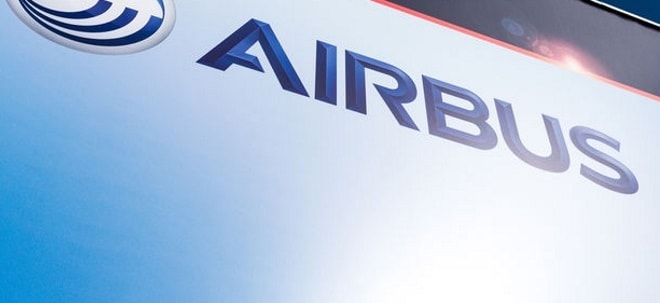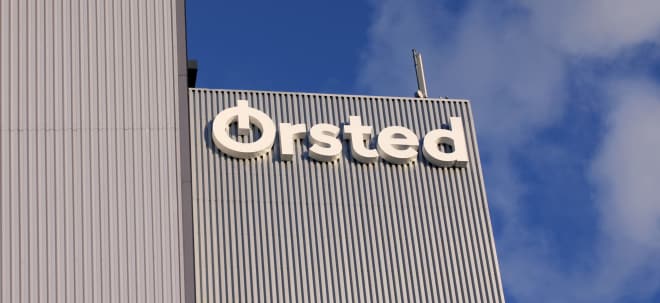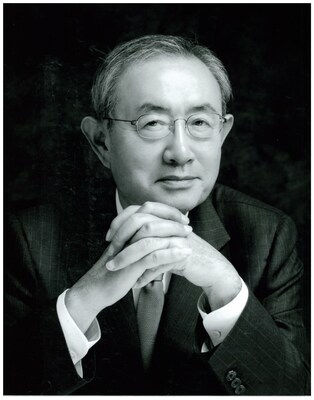Choi Chang-gul, Honorary Chairman of Korea Zinc and "Nonferrous Metals Industry Pioneer," Passes Away
Built the world's leading nonferrous smelting company from humble beginnings in Korea
Emphasized the power of an organization over individual performance, laying the foundation for the company to flourish through the next century
Chairman Yun B. Choi carries forward his philosophy through the company's new 'Troika Drive' strategy
SEOUL, South Korea, Oct. 9, 2025 /PRNewswire/ -- Choi Chang-gul, Honorary Chairman of Korea Zinc (KRX:010130) and a central figure in Korea's nonferrous metals industry, has passed away on October 6 at the age of 84 after battling a long illness.
Born in 1941 in Bongsan, Hwanghae Province, Choi earned a degree in economics from Seoul National University and an MBA from Columbia University. He began his management career as one of Korea Zinc's founding members in 1974 and served as Chairman from 1992 to 2002, during which he established the foundation for Korea Zinc's rise as the world's leading comprehensive nonferrous metals smelter.
In October 1973, after completing his MBA and gaining work experience in the U.S., Choi returned to Korea to join Young Poong Mining, where he managed finance and accounting. Eight months later, following the government's launch of its "Heavy and Chemical Industry Promotion Plan," he was approached to establish a company in the smelting sector. Despite lacking technology, capital, and experience, Choi embraced the challenge, and played a key part in the founding of Korea Zinc on August 1, 1974.
During this period, securing funding was his greatest hurdle. Domestically, he obtained loans from the National Investment Fund and Korea Development Bank, and internationally, he borrowed USD 13 million and received USD 4 million in equity investment from the International Finance Corporation (IFC). This was the largest IFC investment in a private Korean company at the time. Eschewing the common turnkey model with high construction margins, Choi instead directly managed procurement and construction, completing the project for USD 45 million, well below IFC's USD 70 million estimate, all while gaining valuable operational and technical know-how in the process.
Choi was deeply influenced by his father, the late Chairman Choi Ki-ho, who had witnessed many left destitute during the Korean War and often said, "The wealth in your hand can always be taken away, but the knowledge in your head can never be lost." This belief in learning and perseverance became central to Choi's management philosophy.
Throughout his career, Choi often credited organizational strength as the key to Korea Zinc's success. In a 2014 interview marking the company's 40th anniversary, he said, "Our success was never the work of a singular lead but the collective achievement of all employees. Star players are valuable, but a strong team matters more." He often illustrated Korea Zinc's corporate structure to one "not built by stacking boulders but of countless hard-packed grains of soil," prioritizing the strength of the organization over individual performance.
Choi also emphasized steady evolution over abrupt innovation. In 2014, he told employees, "When you start talking about innovation or reform, it's already too late. If we make small improvements every day, we won't ever need radical reform. Change, not revolution, is what matters." He often said, "For a company, stagnant growth is the equivalent of death for a person. Only companies that continue to evolve can hope to last a century."
His management philosophy is survived by his son, Chairman Yun B. Choi, who took office in December 2022, ushering in the third generation of leadership. Having worked nearly a decade in the field at the Onsan Smelter, as well as Korea Zinc's operations in Peru and Australia (SMC), Chairman Choi upholds his father's principle that "the answers are found in the field."
Under Yun B. Choi's leadership, Korea Zinc is driving future growth through its "Troika Drive" strategy, focusing on three core businesses. These businesses include renewable energy and green hydrogen, secondary battery materials, and resource recycling. At an investor relations event in 2023, the company announced a target of KRW 25.3 trillion in sales by 2033, aiming for an average annual growth rate of 10% over the next decade.
Korea Zinc achieved record-breaking results in the first half of 2025, posting consolidated revenue of KRW 7.66 trillion and operating profit of KRW 530 billion, the highest in its history. This success stems from a diversified portfolio spanning base metals such as zinc, lead, and copper, as well as strategic minerals like antimony and bismuth, and precious metals such as gold and silver.
Amid intensifying global competition for critical minerals driven by U.S.-China tensions, Korea Zinc has emerged as a vital hub in the "China-free" supply chain. During the U.S.-Korea summit, the company signed an MOU with the world's largest defense contractor Lockheed Martin for germanium supply cooperation and also exported 20 tons of antimony to the United States, strengthening the resilience of global supply chains.
In his later years, the late Honorary Chairman Choi often said, "To think of ourselves as the global No.1 could be arrogance. We still have much to learn and much to achieve. A company that lasts a century that is a truly great company."
From a nation once barren in natural resources, Choi Chang-gul built the world's leading nonferrous metals company. His enduring principles of organizational strength over individual performance, steady evolution over abrupt innovation, and the vision of a company to last a century, will continue to guide Korea Zinc for generations to come.
![]() View original content to download multimedia:https://www.prnewswire.com/news-releases/choi-chang-gul-honorary-chairman-of-korea-zinc-and-nonferrous-metals-industry-pioneer-passes-away-302579398.html
View original content to download multimedia:https://www.prnewswire.com/news-releases/choi-chang-gul-honorary-chairman-of-korea-zinc-and-nonferrous-metals-industry-pioneer-passes-away-302579398.html
SOURCE Korea Zinc


